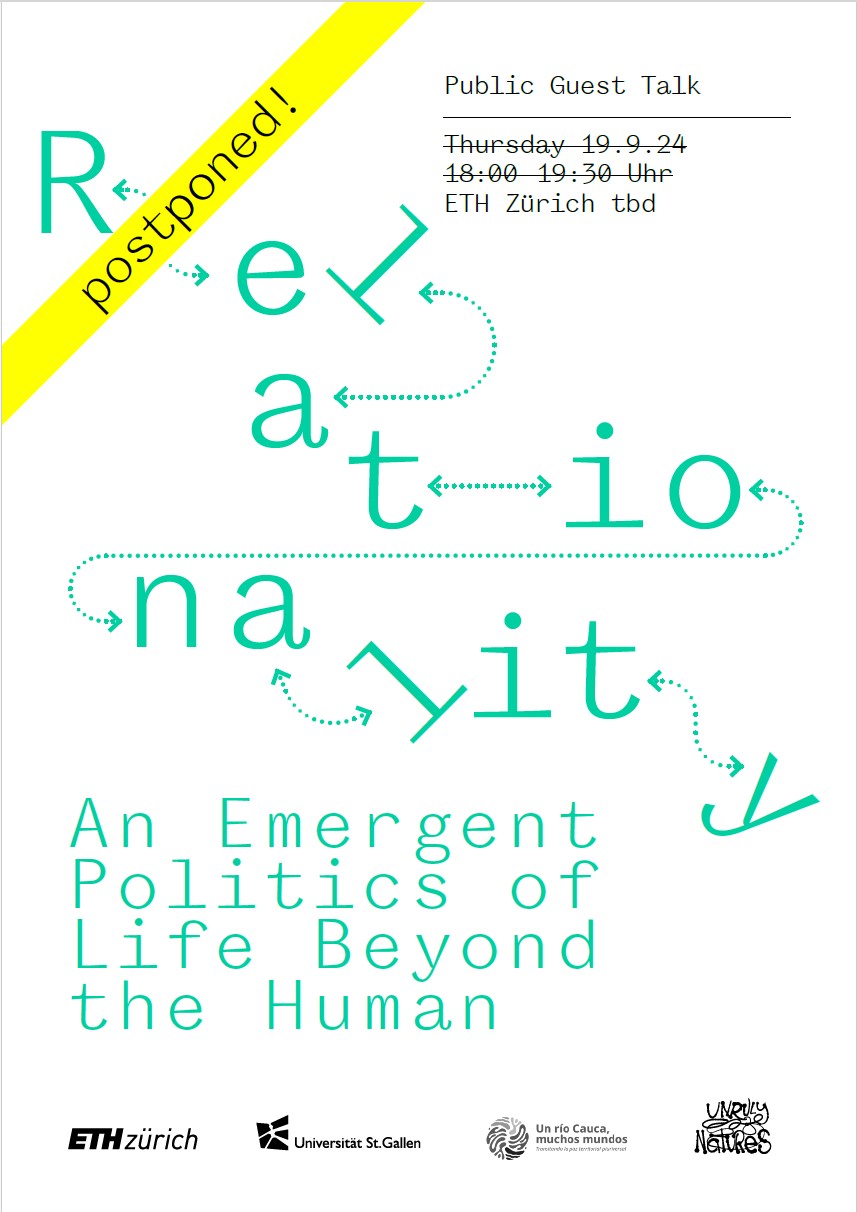
Relationality: An Emergent Politics of Life Beyond the Human
Please note: this lecture has been postponed. New date TBA
The key to constructing livable worlds lies in the cultivation of ways of knowing and acting based on a profound awareness of the fundamental interdependence of everything that exists – what can be referred to as relationality. This paradigm shift is necessary for healing our bodies, ecosystems, cities, and the planet at large. In this talk, which accompanies the publication of his book Relationality: An Emergent Politics of Life Beyond the Human (2024), Arturo Escobar will outline the notion of radical interdependence, as a foundation for new narratives of life and the human. Remaking life based on relationality and care will be proposed as a praxis of ecosocial and pluriversal transitions. Escobar will also discuss the implications of relationality for thinking knowledge, politics, and design from Latin American perspectives.
Biography
Arturo Escobar is an activist-researcher from Cali, Colombia. He works on territorial struggles against extractivism, on ecosocial transitions and ontological design. Until 2018, Escobar has been Professor of Anthropology at the University of North Carolina, Chapel Hill. He is currently affiliated with the PhD Program in Environmental Sciences at the Universidad del Valle, Cali. Over the past thirty years, Escobar has worked closely with Afro-descendant, environmental and feminist organizations in Colombia. Among other publications, Escobar is the author of Encountering Development: The Making and Unmaking of the Third World (1995, 2nd ed. 2011), Designs for the Pluriverse: Radical Interdependence, Autonomy, and the Making of Worlds (2018), Pluriversal Politics: The Real and the Possible (2020), and Relationality: An Emergent Politics of Life Beyond the Human (with Michal Osterweil and Kriti Sharma, 2024). In 2021, he was inducted into the American Academy of Arts and Sciences.
Organisation
Prof. Maria Conen, Architecture and Housing (ETH Zurich), Prof. Federico Luisetti, Italian Studies and Environmental Humanities (University of St. Gallen), Flurina Gradin (ETH Zurich and University of St. Gallen) in partnership with UN RÍO CAUCA, MUCHOS MUNDOS.
Contact: Flurina Gradin.